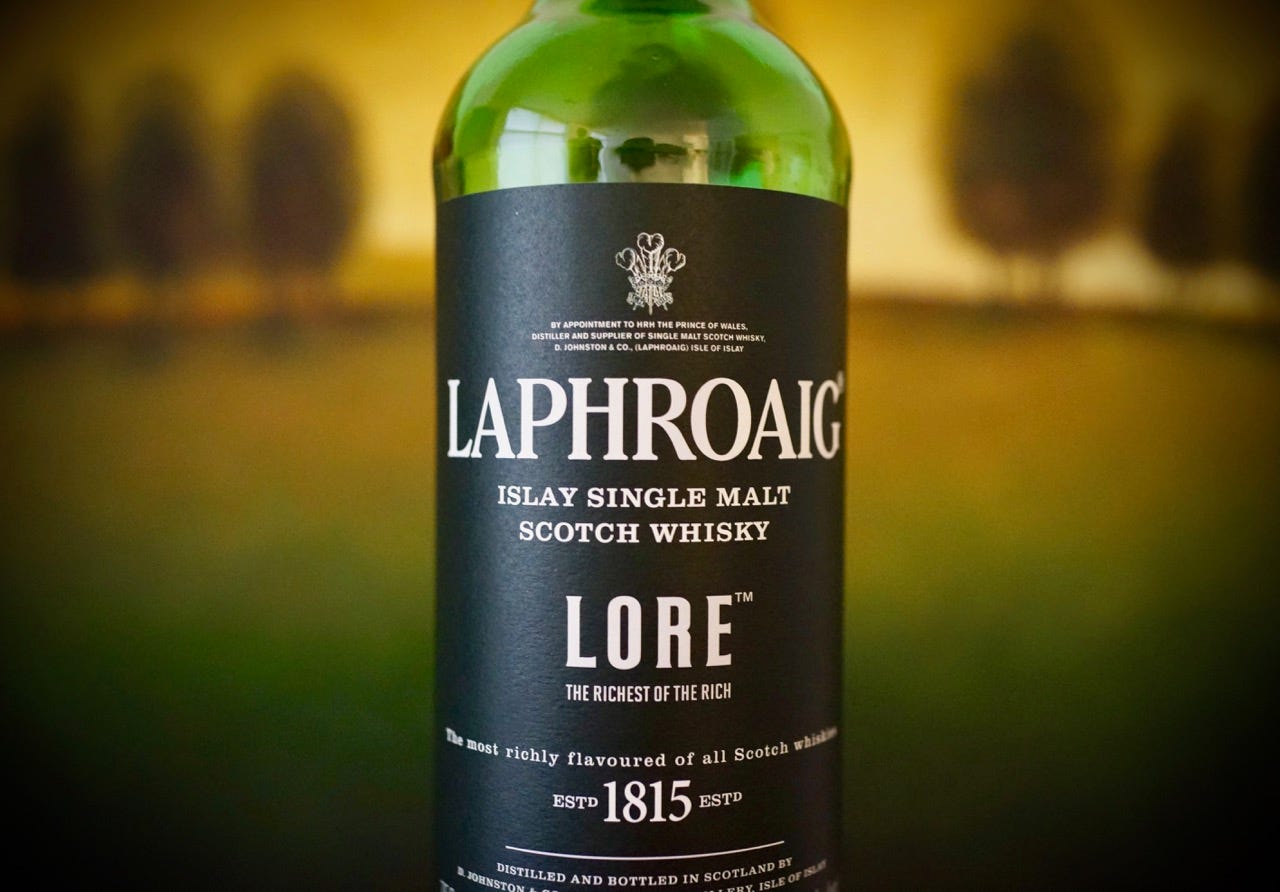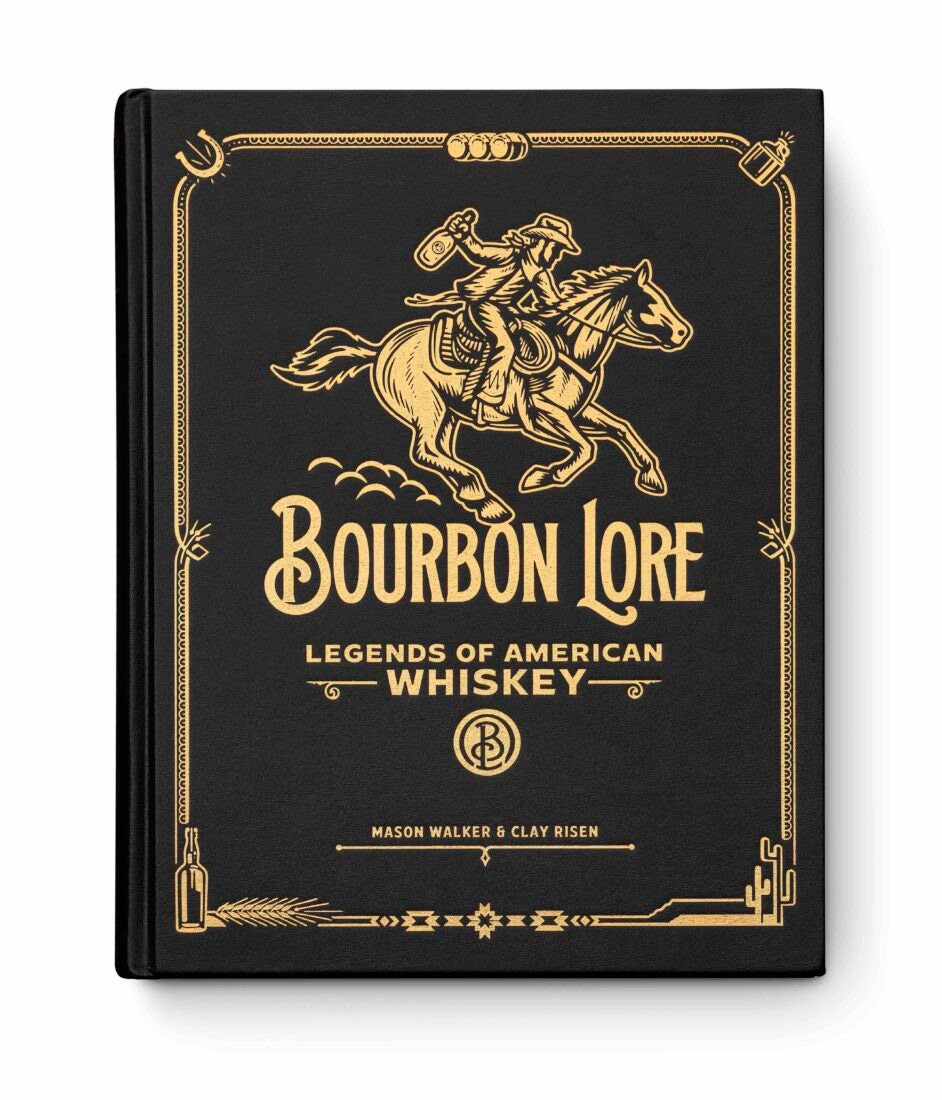Thanks to everyone who voted in the reader polls I posted last week! The most revealing result: More than 40 percent of you admitted that you didn’t know there’s a quick way to tell me that you “like” a post. Inconceivable! I’m here to help: Find the little heart symbol at the bottom of a post and click it. That’s it! The polls are still open; I welcome your votes, your comments, and, yes, your “likes.”
There’s something going on in Washington, DC, on Monday — indoors, in the Capitol Rotunda, because of “dangerously cold temperatures” outside1 — but I’m not going to write about it now, or maybe ever. Instead, I’m writing about a very old English word that has enjoyed a boost thanks to the Chinese social-media app TikTok2: lore.
The oldest definition of lore goes back to its emergence in Old English (fifth to eleventh centuries C.E.): “the act of teaching, the condition of being taught.” It’s related to learn, and it became a productive combining form in words like lorespell (Old English, a sermon), wordlore (Old English, the study of words), loreless (~1300, without learning or knowledge), and folklore (1846).3
But the OED now deems the original sense “archaic,”4 and it has little to do with lore’s recent surge in popularity, which attracted the attention of Business Insider in July 2023. The publication included lore in a story about “the newest TikTok slang,” asserting that the word became popular on TikTok in late 2022 and by April/May had “turned into a full-fledged trend.”
By late 2024, the new sense of lore was ubiquitous enough to land on the Oxford Word of the Year shortlist for 2024. (The winner, chosen by public vote, was brain rot.)
Here’s Oxford’s more up-to-date definition:
a body of (supposed) facts, background information, and anecdotes relating to someone or something, regarded as knowledge required for full understanding or informed discussion of the subject in question.
Lore made the Oxford WOTY shortlist because of some “new contexts”: People now “talk about the lore surrounding a particular celebrity, or a character in a book or film, or even refer to their own personal history as their lore. … It is often a sign of ‘gatekeeping’ behaviour, in which some fans lay claim to a superior knowledge as a means of asserting themselves over other fans who they claim ‘do not know the lore’ as well as them.”
Lore found an especially welcoming home on TikTok, where people confidingly “drop lore” about their lives as they address their video audiences. The stories are often banal — a peculiar cab ride, a childhood mishap — but calling them lore elevates them to the status of a mythic quest.
Where there’s a trend, there’s a trademark. And a title.
Make that a lot of trademarks. And a lot of titles.
The USPTO database shows hundreds of live or pending trademarks for LORE, including CRAFT & LORE (leather bags and wallets), MODERN LORE (notebooks and stationery), LOVE & LORE (fragrances), LOAM & LORE (cellphone cases), LORE & LUST e-books, SHINING LORE bamboo baskets, FOLK + LORE soaps, SPOON LORE jewelry, LORE vehicle parts, LORE motorcycle-riding instruction, LORE hotels (headquarters in London and New York), ANGEL’S LORE (beer), and LORE whisky (“a complex blend of single malts”).

There’s a newsletter called LORE that, appearances to the contrary notwithstanding, has nothing to do with classical art. It’s about AI. Yep, “a body of (supposed) facts.”

There’s also a bourbon lore “community” and a new Bourbon Lore book co-written by New York Times reporter Clay Risen.
A Lore restaurant opened in Brooklyn in February 2022. The website does not mention a reason for the name.

And LORE book titles? Thousands of them, according to Amazon. Many are female/romantasy–coded, but this 2024 release, by Barry Napier, is about four men who go on an Alaskan ice-fishing trip and are stalked by “an unseen evil.”
Here’s my own little lore drop.
I subscribe to
, “peer to peer reviews about the things we want to buy” — exclusively clothes and shoes, it seems — “but need 12 opinions on.” Last week, in her introduction to a review of the ordinary-looking yet somehow $1,550 “Ophelia” sweater, from the Olsen sisters’ brand The Row, wrote:There are certain pieces that hold lore in my mind; and The Row Ophelia sweater is one of them.5
By now I was familiar with “drop lore,” but “hold lore” puzzled me, so I asked about it in a comment. Kelly’s reply: “what I am trying to say is that there seems to be lore (meaning stories passed down) about the sweater and so when I hear the name Ophelia sweater it contains that lore for me…”
At first I saw this as a case of wrong noun/wrong verb. I wanted the sweater to have — not hold — cachet, maybe, or mystique. (I wondered whether Kelly’s “hold” was an echo of hold space, another trendy term.6 )
But as soon as I wrote my substitute sentence I saw the problem: Neither cachet nor mystique carries the “stories passed down” nuance of lore, which seems to be the point here. In a world of ephemeral “content” viewed on screens, lore — with its evocation of ancient tales told around the fire, or passed from grandmother to child — captures a yearning for the traditional, the eternal, and the personal. And in an era of puzzling madeupical words like skibidi and gigification, centuries-old lore — one syllable, rich resonances — drops a dose of comfort and permanence into our lives.
The daytime temperature is forecast to be in the low 20s Fahrenheit, almost exactly what it was on January 20, 1961, when John F. Kennedy took the oath of office outdoors. So much for stamina.
Which has been in the crosshairs lately because of a U.S. Supreme Court–imposed “ban” that may or may not take permanent effect. As of 7:45 p.m. PST Saturday night, users began seeing a “Sorry, TikTok isn’t available right now” message, along with an obsequious appeal to “President Trump.” By Sunday morning, a new message had appeared, with more obsequiousness. Whatever not-yet-President Trump had promised, it appeared to override both the U.S. Congress and the SCOTUS ruling, which is — in case you need to be reminded — un-Constitutional. I’m sure this won’t be the last time during the next four years that I employ that adjective.
Folklore, meaning the “traditional beliefs and customs of the common people,” was coined by British antiquarian William J. Thoms (1803–1885) “as an Anglo-Saxonism (replacing popular antiquities) in imitation of German compounds in Volk-. … Old English folclar meant ‘homily’.” (Source: Etymonline)
The only definition that the OED doesn’t label “obsolete” or “archaic” is “advice, counsel; instruction, command, order.”
Yes, I’m aware that the semicolon should be a comma.
Hold space — “to create a safe space for a person, concept, or thing; to be present without judgment” was an American Dialect Society nominee for 2024 word of the year in the “most fun while it lasted” category. It lost to brat.






In my mind "lore" is a video game thing, in particular associated with "sandbox" games, where players are trained to infer story details from the game environment rather than being told explicitly what's going on - people will jokingly ask "is this lore?" about seemingly (or obviously) irrelevant details in a game like Elden Ring. There's been a broader shift in media towards "universes" of content rather than self-contained narratives, and a certain level of "lore-crafting" is necessary if you're using the Marvel model.
But I wonder if the use of -lore as a suffix starts in the '70s, with "faxlore" ?
First, I must praise you for resisting the urge to talk about the many volumes I have of *forgotten* lore. If you're curious, I think you'll find many of them quaint. But more specifically, let's talk about Laphroaig. You can call it "Lore" if you want, but it tastes very much like the bottom of a week-old ashtray. You want to turn pre-teens solidly against alcohol? Give 'em a big ol' shot of Laphroaig. And that's lore.